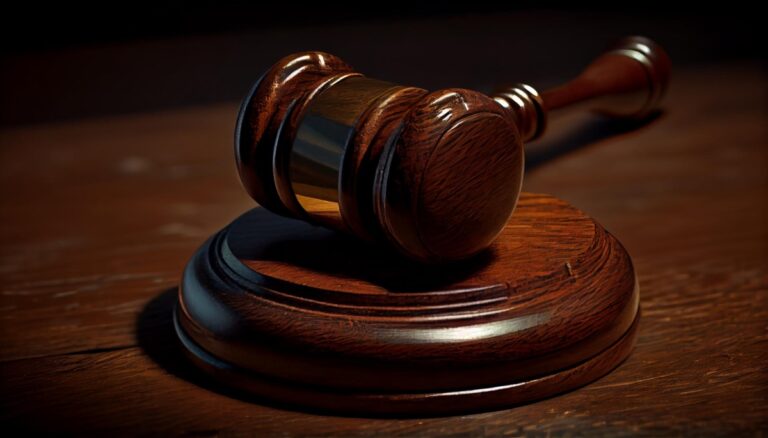When a person holds leasehold interest in a property, this means they can live in the property for a specified, typically substantial, period of time – the remaining term on the lease. At the end of the lease, ownership could return to the person with freehold/the landlord. Lease extensions are something which can be applied for to extend the term, and therefore the time, for which the property is held.
Why would I want a lease extension?
Extending the lease offers more security in the property, and potentially, a better price if the leaseholder chooses to sell.
The 1993 Leasehold Reform Act gives virtually every leaseholder the right to extend. If there is less than a hundred years left on the lease then seeking to extend it should be a key consideration. An Simply.Law member lawyer will be able to explain the details to you, with specific reference to your circumstances.
If you are considering selling a leasehold property, a lease extension can make the property a more attractive prospect to potential buyers and will help to improve the price at which the property can be realistically marketed.
How can I obtain a lease extension?
Getting a lease extension is a fairly straightforward process – but it can be complex if you don’t have the necessary legal experience or background to understand it. You will almost certainly need a conveyancing solicitor to handle the process for you. The costs involved in increasing the length of a leasehold is, usually, more than offset by the value it adds to the property.
Should I be nervous about leasehold property?
Historically, some people have been nervous about buying a leasehold property because of the perceived lack of security compared to a freehold property. However, this is not the case. There were a number of Acts passed between 1967-2002 which effectively rebalanced the freeholder/leaseholder relationship.
Contact Simply.Law today for more information on leasehold property and lease extensions.

